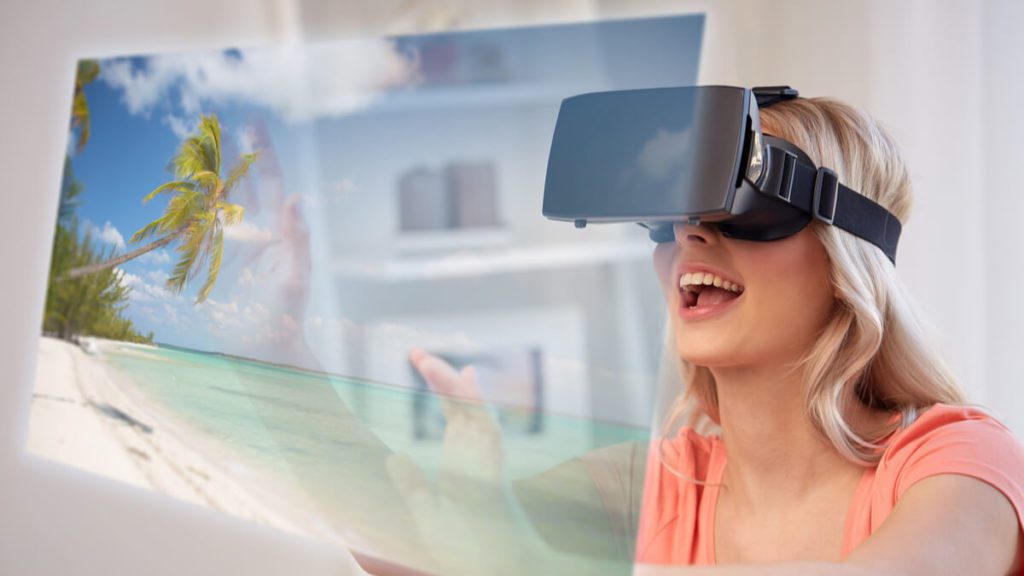Virtual Reality to enhance the travel experience

Virtual Reality (VR) has been considered a viable tech solution for many industries before Coronavirus hit and might be one of the ways to facilitate people’s businesses and lives well after the pandemic. The reality is that many commercial activities, like concerts, trade shows and travel, will have to utilize technology to adapt to the changing consumer and market landscape.
Some companies such as VResorts, an India-based company, produces and implements virtual reality-enabled travel content including, tourist landmarks and attractions in India. Despite the disruption in travel, VResorts plans to offer a practical tech solution, by launching an online travel agency for hotel and resort bookings that makes full use of virtual reality.
“We’ve gone through a phase of consumers getting used to buying travel on their mobile phones,” said Romain Baron, Chief Marketing Officer for VResorts. “The next phase in travel booking, especially for luxury and youth segments, is the VR phase. Early adopters will want VR as a kind of proof before booking somewhere, similar to how we use online reviews today.”
Similarly, YouVisit sells immersive experiences. Whether its travel destinations, hotels, colleges, or corporate offices, the company aims to bring prospective visitors to a place before they set foot there, via its Aria VR solution that converts video and photos into 360º experiences.
Ascape, has a large collection of 360º videos from all corners of the globe, and a great solution for getting the travel demand going. It displays the high-quality videos for travelers to experience the trip before it has happened, from walking with elephants in Botswana, sailing around the Caribbean to snowboarding in the Alps and much more.
VR is a useful tool to check and customize the hotel experience before reaching a desired destination. Rizort, an online travel agency, is taking full advantage of presenting to clients, attractive locations like Thailand, and the Maldives through VR. By having Oculus GO headsets, the company is able to take people into the resort of their choice and walk them through the rooms, pool, gym, spa treatments and anything else on offer.
“Virtual reality content can help narrow down choices more efficiently”, said Sachin Kanodia, founder and CEO at Rizort.
Cultural sites such as museums and exhibitions can also be visited virtually while staying home. According to Fast Company, Google Arts & Culture teamed up with over 2500 museums and galleries around the world to bring people virtual tours and online exhibits of some of the most famous museums around the world.
Some of the famous museums that offer virtual tours include: British Museum-London, National Gallery of Art-Washington, D.C, National Museum of Modern and Contemporary Art-Seoul., Rijksmuseum-Amsterdam, MASP- São Paulo.
“The beauty of the world’s most treasured spots doesn’t change, but our ability to reproduce it digitally does,” said Valentina Frassi, a program manager for Google Street View who has been filming locations since 2011.
However, many experts say that the adoption of this technology in travel won’t be virtual reality, instead, it will be augmented reality which superimposes digital content on real life.
